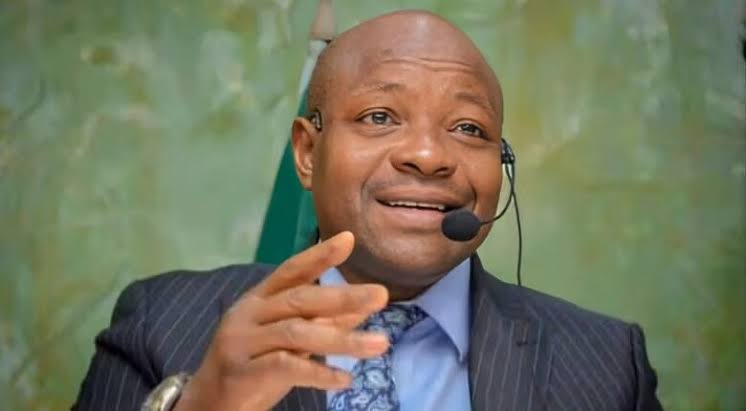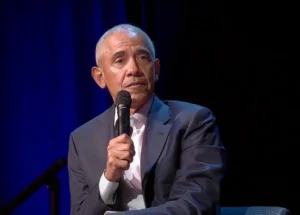In a significant legal development, the Federal High Court in Abuja has summoned Adeola Ajayi, the Director-General of Nigeria’s Department of State Services (DSS), to appear in court. The court is demanding an explanation of why Ajayi should not face imprisonment for contempt of court. This summons highlights ongoing tensions surrounding the treatment of Nnamdi Kanu, the leader of the Indigenous People of Biafra (IPOB), who has been in custody for several years.
Nnamdi Kanu has been in DSS custody since his controversial extradition from Kenya in June 2021. He faces multiple serious charges, including treasonable felony, which could result in severe penalties. His ongoing detention has raised concerns about his legal rights and the conditions under which he is being held.
On several occasions, Justice Binta Nyako has issued directives aimed at ensuring that Kanu can adequately prepare his defense. Specifically, she ordered the DSS to allow Kanu access to his legal team three times a week. This access is crucial for Kanu to consult with his lawyers and prepare for the upcoming legal proceedings against him.
Despite the court’s clear instructions, the DSS has reportedly failed to comply with these orders. According to court records, since September 27, the DSS has not permitted Kanu’s lawyers to visit him at all. This lack of access has raised serious questions about Kanu’s ability to mount a proper defense, thus infringing on his legal rights.
The court noted that the DSS’s actions have hindered the preparation of Kanu’s defense, which is essential for a fair trial. The right to legal representation is a cornerstone of justice, and the denial of this right could lead to significant ramifications for Kanu’s case.
In light of these developments, the court took the unusual step of issuing a “Form 48 Notice of Consequences of Disobedience to the Order of Court” on October 18. This document serves as a formal warning to Ajayi, stating that any further non-compliance with the court’s orders could result in charges of contempt. The notice makes it clear that continued disregard for court directives could lead to Ajayi facing imprisonment.
The implications of this situation are significant, not only for Kanu but also for the broader legal landscape in Nigeria. Kanu’s case has garnered considerable public attention and is emblematic of the ongoing tensions between the Nigerian government and various separatist groups, particularly in the southeastern region. The manner in which the government handles Kanu’s legal rights will likely have a lasting impact on public perception and trust in the justice system.







